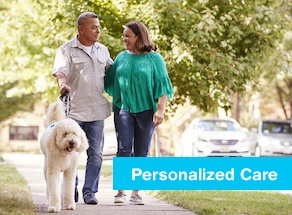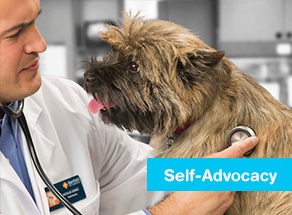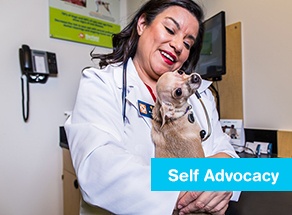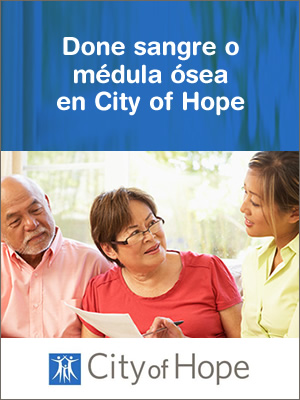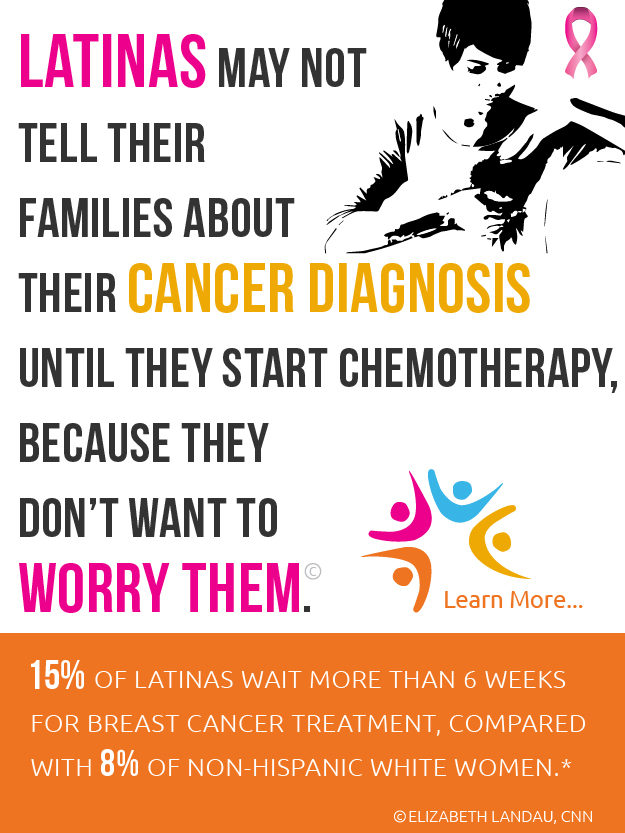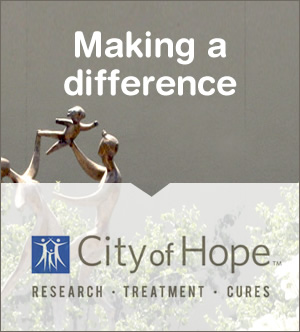Treatment Insights
Reducing Barriers to Lung Cancer Screening
01/07/2014 09:59pm | 8716 viewsIn this video, Dr. Dan Raz, assistant professor and Co-director of the Lung Cancer and Thoracic Oncology Program, and Director of the Tobacco Exposure Program at City of Hope, discusses the barriers many individuals, especially Hispanics, face with regards to lung cancer screening.
Self Advocacy
Latina Breast Cancer Awareness – There’s Room for Education
11/02/2015 10:28am | 8469 viewsMany of us have heard of the Hispanic Health Paradox, the fact that U.S. Hispanics live longer and have better healthcare outcomes than non-Hispanic whites even though whites tend to have higher income and education levels which correlate with longer life expectancy. Unfortunately, that paradox does not hold up for cancer. There is no protective benefit in being Hispanic when it comes to cancer. Of particular concern is breast cancer since it is the most commonly diagnosed and leading cause of cancer deaths among Latinas. This statistic is a cause for concern but the more Latinas know about breast cancer prevention, early detection and treatment the greater likelihood that we will gain the upper hand on this disease.
Breast Cancer Awareness
The HHL Interview with Dr. Jeffrey Weitzel – Part 2: Culturally-Competent Connections and Interventions
21/03/2015 05:57pm | 8544 viewsIn part two of his interview with Glenn Llopis of Center for Hispanic Leadership, Dr. Jeffrey Weitzel reveals some of the work he and his team are doing to break down the previously-discussed barriers to preventative care in the Hispanic community – especially amongst Latinas who may have a genetic predisposition to breast cancer –and the many advances happening in the field of risk assessment and culturally-competent counseling and intervention.
Breast Cancer Awareness
Breast Cancer Research Foundation Partners With Hispanic Healthy Living To Raise Latina Breast Cancer Awareness
24/02/2015 04:52pm | 10188 viewsThe Breast Cancer Research Foundation announces a partnership with Healthy Hispanic Living to increase breast cancer awareness in the Latina community. The partnership commences on February 1st with a 90-day breast cancer campaign to advance Hispanic women’s understanding of the disease and their risk while also inspiring them and their families to lead healthier lives.
Healthcare Disparities
Know Your Numbers and Manage Your Health at CVS/pharmacy’s Project Health Free Screening Events
06/02/2015 08:42am | 8632 viewsCVS/pharmacy continues to hold its free Project Health screening events through mid-February, bringing the total to more than 1,000 events in 27 cities across the U.S. In a previous article, Dawn-Marie Gray described how Project Health events are providing direct access to healthcare in multicultural and uninsured communities throughout the country – helping people to know their numbers, how to take preventive action, and where to seek treatment if necessary. Here, she discusses how Project Health is helping to deliver culturally relevant healthcare access to its customers, and some of the results that they’ve seen so far at these events.

